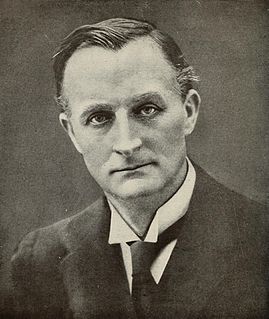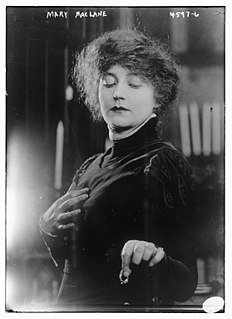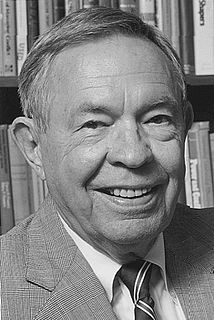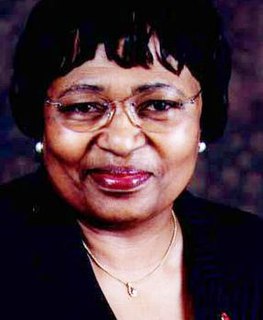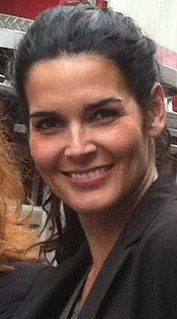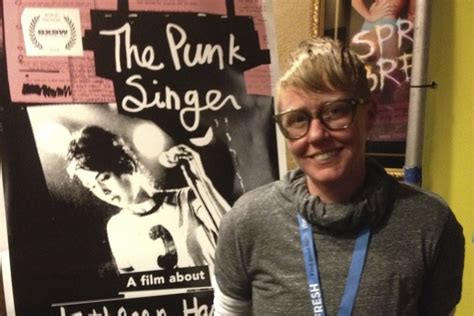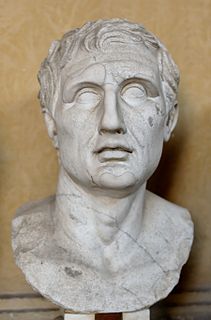A Quote by Thomas Willis
I beg my Children to be just and virtuous, never to disgrace my name or theirs, and then they are out of fortune's power.
Related Quotes
A total reverse of fortune, coming unawares upon a man who 'stood in high degree,' happy and apparently secure,-such was the tragic fact to the mediaeval mind. It appealed strongly to common human sympathy and pity; it startled also another feeling, that of fear. It frightened men and awed them. It made them feel that man is blind and helpless, the plaything of an inscrutable power, called by the name of Fortune or some other name,-a power which appears to smile on him for a little, and then on a sudden strikes him down in his pride.
I can think of nothing in the world like the utter littleness, the paltriness, the contemptibleness, the degradation, of the woman who is tied down under a roof with a man who is really nothing to her; who wears the man’s name, who bears the man’s children — who plays the virtuous woman. . . . May I never, I say, become that abnormal merciless animal, that deformed monstrosity — a virtuous woman.
An adolescent does not rebel against her parents. She rebels against their power. If parents would rely less on power and more on nonpower methods to influence their children from infancy on, there would be little for children to rebel against when they become adolescents. The use of power to change the behavior of children, then, has this severe limitation: parents inevitably run out of power, and sooner than they think.
Some things the legislator must find ready to his hand in a state, others he must provide. And therefore we can only say: May our state be constituted in such a manner as to be blessed with the goods of which fortune disposes (for we acknowledge her power): whereas virtue and goodness in the state are not a matter of chance but the result of knowledge and purpose. A city can be virtuous only when the citizens who have a share in the government are virtuous, and in our state all the citizens share in the government.
I can't help but think that it's an unfortunate custom to name children after people who come to sticky ends. Even if they are fictional characters, it doesn't bode well for the poor things. There are too many Judes and Tesses and Clarissas and Cordelias around. If we must name our children after literary figures then we should search out happy ones, although it's true they are much harder to find.
I pray everywhere--in the shower, on a plane, in traffic, you name it. When I feel like I have had enough, I will literally take a knee, bow my head, and beg God for help and strength. I know not to beg Him for patience, because then He gives me situations in which I have to grow more patient; I learned that lesson! And if I am having a wonderful day, I will stop to thank Him. It's a relationship.
We humans have had from time unknown the compulsion to name things and thus to be able to deal with them. The name we give to something shapes our attitude toward it. And in ancient thought the name itself has power, so that to know someone's name is to have a certain power over him. And in some societies, as you know, there was a public name and a real or secret name, which would not be revealed to others.
Grown-ups and children are not readily encouraged to unearth the power of words. Adults are repeatedly assured a picture is worth a thousand of them, while the playground response to almost any verbal taunt is 'Sticks and stones may break my bones, but words will never hurt me.' I don't beg so much as command to differ.
As I walked in the woods I felt what I often feel that nothing can befall me in life, no calamity, no disgrace (leaving me my eyes) to which Nature will not offer a sweet consolation. Standing on the bare ground with my head bathed by the blithe air, & uplifted into the infinite space, I become happy in my universal relations. The name of the nearest friend sounds then foreign & accidental. I am the heir of uncontained beauty and power.
Power corresponds to the human ability not just to act but to act in concert. Power is never the property of an individual; it belongs to a group and remains in existence only so long as the group keeps together. When we say of somebody that he is 'in power' we actually refer to his being empowered by a certain number of people to act in their name. The moment the group, from which the power originated to begin with ... disappears, 'his power' also vanishes.


